For people and businesses who work closely with the Internet as an infrastructure, the Regional Internet Registries (RIRs) hold an almost mythical place. They are the dispensers of much-needed resources — the IP address in particular.
Only a few pause to wonder if the system, in which global assets are managed by only five offices, is a feasible system.
It’s time to ask a difficult question: Do we really need RIRs?
The short answer is, yes. At present, that’s the system we have and that’s what we need to improve. But thinking broadly, there might be alternative ways that are more efficient, transparent, and effective.
The Current Internet System
The current system is largely historical: In the beginning, there was one organization in the United States that managed all Internet assets. As the Internet grew, it became clear that there is a need to geographically distribute this management system — meaning, an organization was needed to oversee a specific region so it’s more efficient to manage IP addresses. One by one, Regional Interment Registries were put together.
There are five RIRs distributed over seven continents. Each RIR is registered as a non-profit, whose main purpose is to allocate IP addresses and Autonomous System numbers (ASNs).
Blockchain: An Alternative to Regional Internet Registries
In 2018, a study proposed the possibility of using blockchain to redistribute IP address systems. It presents a solution to the bureaucracy and inefficiency inherent in the current Internet registry system. More importantly, a blockchain system ensures fairness and transparency.
Here’s how it might work.
The Current IP Address Distribution
Imagine you have a big, global puzzle where each piece represents a unique address on the internet. These addresses are like labels that help computers find each other on the web. Right now, there are certain organizations that are in charge of managing these addresses and making sure they’re given out correctly.
However, the current way of managing these addresses is like having a few bosses who make all the decisions. These bosses (the Regional Internet Registries) are located in different countries, and their rules can affect all the other countries using the internet.
This is where the problems arise: with so many conflicting opinions distributed across many different places. Ironically, these un-synchronized entities are tasked with managing a unified system.
While they can do the job at the moment, there remains the problem of transparency, efficiency, and pace of growth. One way to solve this problem is by using blockchain. Here’s an oversimplified explanation:
IP Address Allocation with Blockchain
Imagine everyone who uses the internet gets a vote in deciding who gets which IP address. If someone wants an IP address, they pay with digital currency (like an online token) and the blockchain keeps track of everything fairly and transparently.
This system eliminates the need for Internet registries. All Internet assets will be managed with transparent yet secure technology.
This new system could work better because it’s not controlled by a single organization. Instead, it’s run by a program that everyone follows, and it’s stored on many computers all around the world. This means no one country has all the power, and decisions are made collectively.
This proposed system isn’t perfect yet. The research paper suggests a small part of Internet assets could be managed this way as a test to see if it’s a good idea for the whole Internet.
Closing Thoughts
The allocation of Internet resources and the development of policies are important to everyone. Number Resource Society (NRS) supports policies that help us achieve a free and accessible Internet.
The future in which Internet resources are managed through blockchain might still be distant. There is no guarantee even that it is the best option.
But still, we can take part in creating an Internet that serves everyone. Join NRS in creating that future of a progressive and fair Internet.
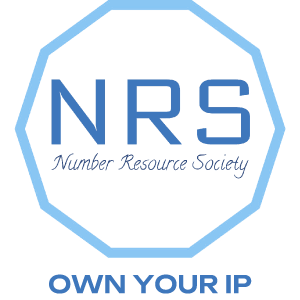
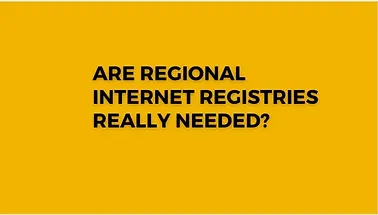
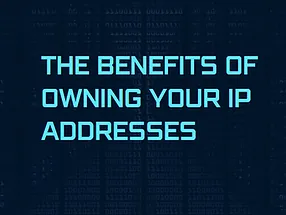
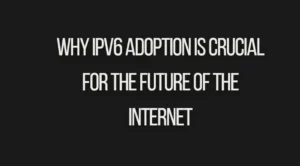
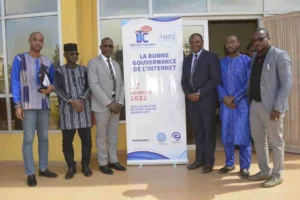
It’s fascinating to think about the role RIRs play in the global internet ecosystem. While they’ve certainly served their purpose well, could decentralizing IP management into even more localized entities be a viable solution moving forward? With technology evolving, it seems like this could address issues of regional needs more effectively.
This RIR analysis is brilliantly nuanced! Your historical context about IPv4 exhaustion justifies their ongoing relevance perfectly. That case study on AFRINIC’s resource auditing shows how they prevent address hoarding. The coordination benefits during global BGP leaks are a often-overlooked lifesaver. Your balanced take on accountability versus bureaucracy is so necessary!
This is a fascinating perspective on the future of Internet governance. While RIRs have served a critical role in keeping the system organized, exploring blockchain as a transparent and decentralized alternative could reshape resource allocation. It’s exciting to think about how technology might evolve to make the Internet more fair and accessible for all.